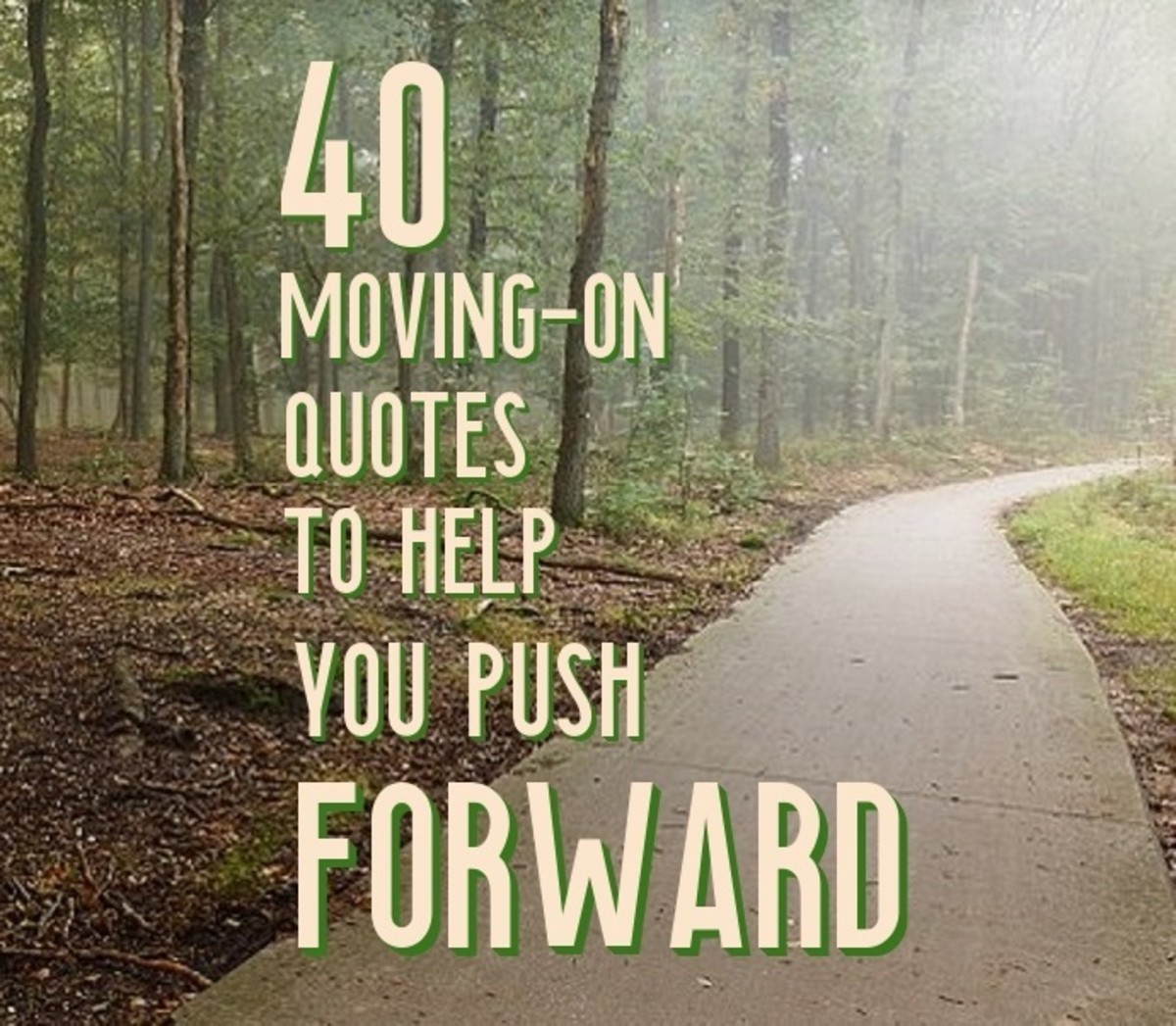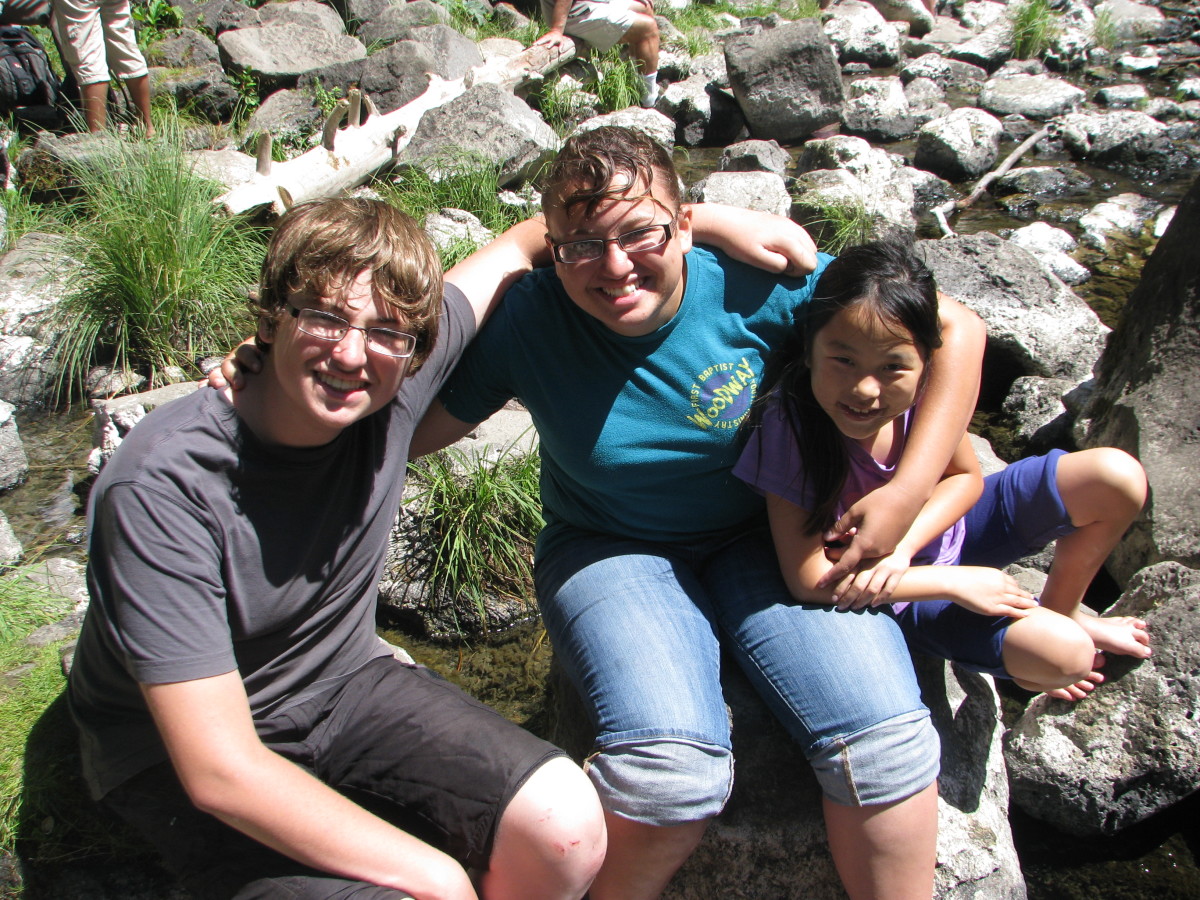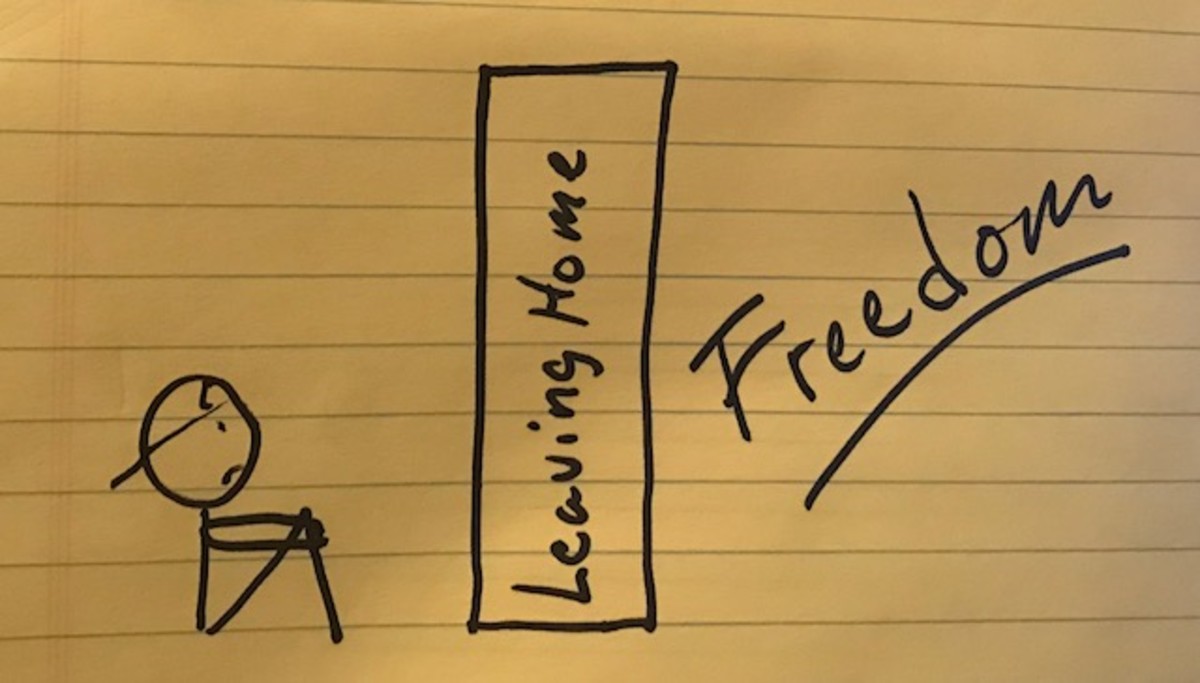Rites of Passage: Important Steps to Living

What do you consider your most valid rite of passage
Moving Forward
Part of life is living.
Yes, I know it sounds stupid. We all wake up in the morning. Most of us can get dressed without assistance – but if we somehow go out into the world, we find that we need to wear clothes. We need to eat, sleep, and consume in order to survive. Part of our existence is to convert oxygen to carbon dioxide.
And after that… after that we look to see how we can find meaning in our lives.
In some respects, the video game programmers have it completely right. In the earliest days of arcade games and video games, we found that after playing long enough and well enough our player gets to go to the next level. The first few levels are easy. However, like what is written as “The Peter Principle” we continue to progress until we reach a level of our own incompetence. It is at that point we need either to learn and become better or continue to tread water until we tire and drown.
I mean that in a figurative way, of course. Although, it would be pretty stressful to think that the moment we stop moving forward that some ethereal trapdoor will open up under us and drop us into a deep pool of shark infested waters. However, those of us who’ve worked in corporate America have seen the sharks and know that they’re hungry for tired, old, loyal workers.
In living, we learn to move forward.
We are brought into life with the first sensation of being cold and then being slapped by a giant. Our first step forward? Breathing. It is such an important step in our lives that we celebrate it every year of our lives. We have learned that breathing is important and we need to keep doing it to keep living.
From there, we’re watched very closely for our next steps. We go from our mother’s umbilical cord to breast milk, to formula, to solid food. We go from lying to falling to crawling to our first steps. We learn that in order to lose the diapers, we need to learn how to hold our bladder long enough to go to the place where it’s proper to release it.
These first level foundational skills come with their own level of acknowledgement. We see it today. Mothers and fathers are there with either a camera or cellphone, ready to take the picture of “baby’s first steps”. Parents will show their appreciation with small bit of cheer (enough to let the child know that it’s done well) and continue onto the next landmark step.
When you think about it, we see it in every household and have experienced it ourselves. We remember losing our first tooth with a visit from the “tooth fairy”.
Within the first four years of our life, we have managed to master the fundamentals of muscular coordination, communication, and language – as well as an introduction on how to integrate within society.
It’s important to not bite people or scream when we’re not in pain. We learn that crying comes when we are sad and that crying for no reason will not get us what we want anymore.
Going to School
When we’ve learned enough to behave on our own, some parents send kids to pre-school to learn the basics on how to behave in a classroom. It’s part of learning how to function under an authority figure who is not our parents. The finger painting, the drawing, the singing, and playing are incidental.
Or are they?
While as children, they don’t know that they are being graded or monitored –but they are. When they draw pictures or play with children, they are being observed. The teacher will collect their work and make an evaluation and tell the parents what seems to be going on the child’s mind. How is the child interacting with other kids? Is he violent? What kind of drawing is the child making? Is it a picture that seems to be inappropriate? Is the child spending more time painting on his classmate rather than paint on the paper?
While this most likely will not keep children from progressing to a higher level of mandatory education – and for the most part, a child is kept in preschool as a daytime babysitting service – parents are made aware that their child is either adjusted or abnormal.
After preschool, children start their video game methodology of going through the levels. The leaving of basic school level is recognized in a trivial way of buying new school supplies. While the child will need to have these tools, it is an oblique way of acknowledging success. They need to learn what society expects them to know. They need to learn how to learn. They need to know that they are being judged and graded. And based on how well they learn in one grade level, they will either go to the next level with honors or be held back (or left behind) to repeat the lessons taught.
As the individual gets older and the lessons start to get more complex, he learns that there is more at stake with how he performs. He may only vaguely understand the importance of higher learning. These lessons, which are usually stressed at a family level, have to do with his future and how he will need to survive once his mandatory education is done.
When that mandatory education is done, there is a recognition of that in the graduation ceremony. The ceremony and the celebration are important because it solidifies the legitimacy of his work. The individual now understands that he has achieved another rite of passage.
Religion
In many senses, outside of an intellectual sense, the spiritual development of a child is as important as the intellectual development of a child.
Catholics celebrate baptisms because it’s an initiation rite into that institution. It is a welcoming into the religion of the child’s parents. From there, it’s first confession, and first communion, onto confirmation. The Catholic Church has realized the value of recognizing progression in their ranks. Each phase is acknowledged with a celebration as the parishioner moves through each of the sacraments.
For little Jewish boys and girls, the major rite of passage is the Bar Mitzvah or Bat Mitzvah (respectively), where in the Hebrew culture is the rite into adulthood. It is the coming of age. For boys, their Bar Mitzvah is held when they are thirteen. For girls, it’s when they are twelve. In what takes the child time a number of Shabbat services at a synagogue to prepare, he or she must be able to read from their holy Torah. The passing of this rite allows the individual to be recognized not only as a person who’s mastered the basics of their religion and old enough to begin to understand.
In almost all cultures, there is some kind of ritual that will recognize the coming of age. For some aborigine tribes, it gets brutal. The Vanuatu Land Diving ritual is a bungee jumping technique off of a crude tower for boys to prove their courage to manhood. The Mardudjala Aborigine ritual of circumcision and sub-incision where the foreskin is removed in ritual (with no anesthetic), cauterized on a hot shield, and then made to eat his own foreskin as a symbolic gesture to show that he’s eaten his own boy to make him strong.
And I wince at chapped lips.
While it can be intellectually argued that building of a spiritual philosophy based on the tenants of a dogmatic institution or superstition may be damaging to the individual’s reasoning, his natural questioning of how the universe works is paramount to his entering an adult mindset.
The final step for any individual is either his acceptance of that culture or religion or the rejection of it. After all, in the final analysis, if the philosophy doesn’t fit into the individual’s worldview and he’s forced to live with it since birth, he may have a psychotic incident. What’s more likely is that the individual will try to find a philosophy more in keeping with his worldview and rejecting his old one.
Rites of Passage in Amazon
Final Words
What happens when we move to the next stage.
In almost all cases where there is a rite of passage into adulthood there are three steps: Separation from the mother, a transition which is made to separate his old life from his new one, and reincorporation to the society where he’s proved himself worthy.
Part of us always wants to be acknowledged for what we accomplish.
We get our driver’s license and we want to take people for a drive. We get a job and we take our family out to dinner because we now have an income. We get married and we throw a banquet with all of our close friends and go through the rituals that come with that. We need to celebrate and acknowledge our triumphs to legitimize our hard work.
It’s our way of screaming to the universe, “I did it! I am now worthy!”
And then we collect and get the honors and privileges that come with that accomplishment. Psychologically, it’s necessary. We do it so we can move on.
And when we don’t have a corporate ladder or a religion with sacraments and have to go it alone, we need to go through the really hard road of self-acknowledgement.
These things exist.
Any athlete can tell you when they knew they hit a wall and got past it. Every writer knows that there is more than just saying, “I’m a writer.” Well, actually that last one isn’t quite true. Writers become writers when they say, “I’m a writer.” Writers feel like they’re real writers when they’ve actually been published.
My advice to you is when you get your “attaboy”, take it. Treasure it. And more than anything else, know that you’ve gone forward.









